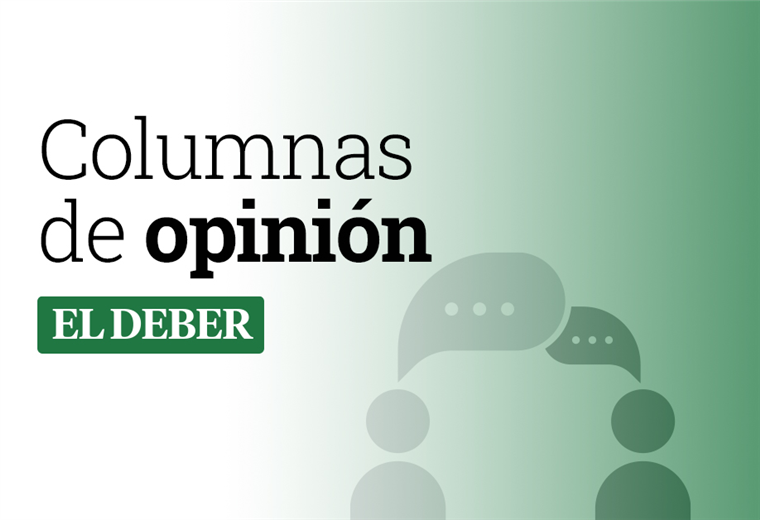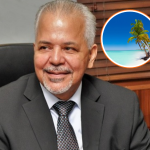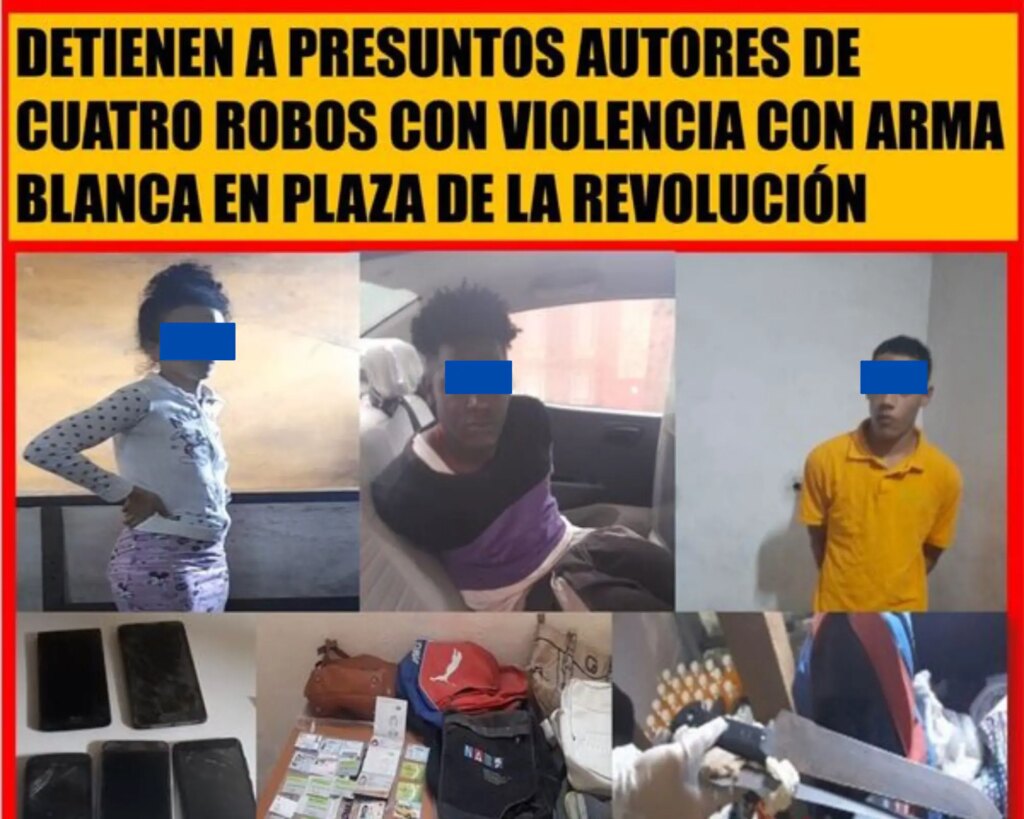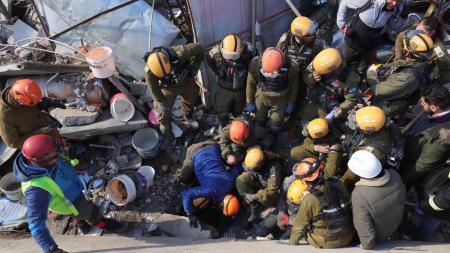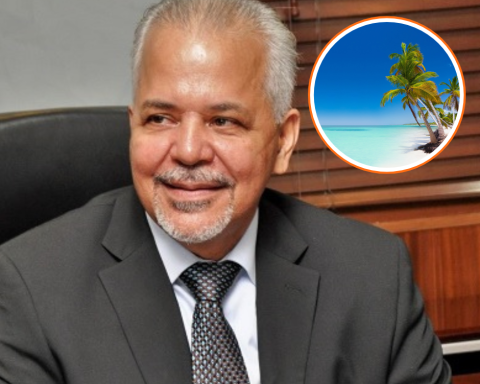February 12, 2023, 4:00 AM
February 12, 2023, 4:00 AM
Wednesday, August 12, 2020. Midnight is approaching and all those who are still in the newsroom do not hide their tiredness and the desire to return home. That is why they celebrate when they hear the voice of José Miguel announcing the departure of his Nissan wagon to cover the routine route established to return them, one by one, to his refuge. Medardo and María Elena, among others, happily board the vehicle, while mentally discounting the time they need to reach their desired destination.
But the desire is frustrated. Shortly before midnight, just as José Miguel makes a turn on the road that connects the capital of Santa Cruz to Cotoca, at the height of El Trapiche, his Nissan is hit by the Toyota Hilux truck driven by José Hugo. The impact is so strong that it almost completely destroys the van, causing the instantaneous death of Medardo, the agony of José Miguel -who does not even resist until the hospital to which he is transferred and dies on the way- and the state of maximum severity of María Elena, the only survivor.
Few images from that moment are those that María Elena keeps. What she does not forget about her, even if she tries her best to achieve it, is the moment when the doctor who is assisting her tells her that she will never walk again. Never again, unless a miracle happens.
Another, actually, because surviving the accident was already a miracle of life. It is not difficult to imagine the sorrowful face of María Elena. She, a young journalist of only 31 years old, used to the intense hustle and bustle of the job, having to accept the inevitable from that moment on: she will not be able to walk again!
Very hard. Even more so when she found out after her that her co-worker and the man who took her home every day were dead. And as if all this were not enough, having to face the ordeal that she began to travel since then in order to receive the medical attention and specialized care that her paraplegic condition demands. A via crucis from which she could have been freed if the owners of the newspaper in which she worked had decided to give her the coverage that her care demands. They did not do so then, nor are they doing so to date, despite the conciliation attempts proposed from the beginning, before reaching the stage they are at now, facing an imminent civil judicial process.
Why go to trial when current legislation provides conciliation mechanisms that allow a situation like the one raised in the case presented by María Elena to be resolved amicably? The parties will present their reasons, but it is very likely that none of them will be able to erase the suspicion that this resistance arouses, and that is none other than to glimpse here, as in so many other cases, the intention of breaching the obligations that are established. has as part of the employer in cases related to work accidents.
Surely, despite the economic calculation there, that of measuring the expenses that the employer must incur to cover the medical care and services of its worker who is the victim of an accident. A calculation that often does not occur when thinking about another expense incurred by one of the parties, or both, to achieve court rulings favorable to their interests. I am specifically talking about bribing police officers, prosecutors and judges.
Here I recall what was said years ago by the former president of Cotas, Iván Uribe, one of those investigated in the embezzlement denounced in the Cooperative, known as the Cotas en quotas case: that in the face of any trial it is more important to hire a good negotiator than a good lawyer.
Uribe said this after publicly admitting having paid out at least $40,000, in two installments of $20,000 each, to secure a decision to dismiss the case. A common practice, as seen in the monitoring of many other cases, whether public or private.
An unattainable “resource” for María Elena, this young journalist who does not even have enough to cover the daily 150 bolivianos that each physiotherapy session costs. A minor fact in the midst of so many difficulties that she must face at all times from that immovable place to which she has been condemned since August 2020 and which prevents her, at least for now, from returning to routine, to normality, to work.
It hurts to enter the personal drama of María Elena. He aches for her and for her mom, who lacks arms but no heart or willpower to drag her big girl from her bed to the wheelchair. And it hurts even more to become aware that María Elena is just a sample button of a reality that hundreds of thousands of people of all ages experience daily, professionals or not, who have suffered a work accident and do not manage to receive the benefits they deserve and that are recognized by law.
